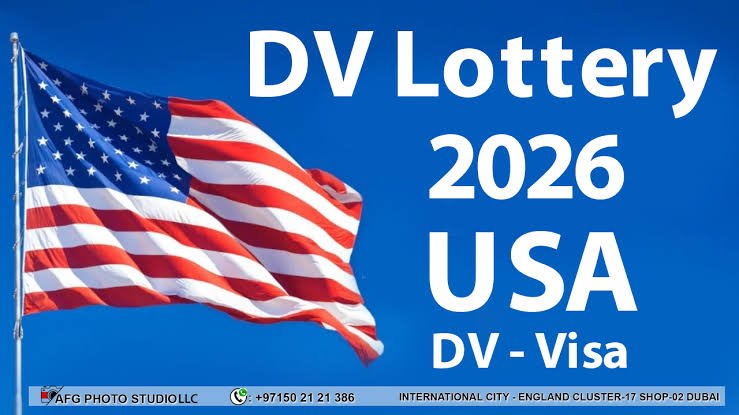Expanding the Visa Waiver Program: What It Means for Global Travel and Tourism
Global travel has evolved significantly in recent years, and one of the driving forces behind smoother international journeys is the Visa Waiver Program (VWP). Managed by the United States Department of Homeland Security, the VWP allows citizens of participating countries to travel to the U.S. for tourism or business for up to 90 days without obtaining a traditional visa.
As more countries are added to the program, the impact on international travel, tourism economies, and diplomatic relations is becoming more evident.
What Is the Visa Waiver Program?
The Visa Waiver Program was established to simplify travel to the United States, enhance diplomatic ties, and encourage tourism and trade. Citizens of eligible countries must apply for travel authorization through the Electronic System for Travel Authorization (ESTA) before boarding a U.S.-bound flight.
Currently, over 40 countries participate in the program, including most of Western Europe, Australia, Japan, and South Korea.
Recent Expansions and Their Significance
In recent years, the U.S. government has continued to evaluate and add new countries to the program. These expansions are not just political gestures — they reflect the growing trust between nations, the strengthening of border security agreements, and the commitment to safer, more accessible global mobility.
For the tourism sector, this is excellent news. More eligible countries mean more travelers, more business for hotels and airlines, and more revenue for destinations throughout the U.S.
Benefits for Global Travelers
- Faster entry into the U.S.
- No need for long visa interviews or paperwork
- Validity for multiple visits over two years
- Lower costs compared to traditional visas
These benefits encourage spontaneous travel and make the U.S. a more attractive destination for tourists and short-term business visitors alike.
Economic and Diplomatic Impact
Expanding the Visa Waiver Program isn’t just about tourism. It fosters deeper economic partnerships by encouraging international business collaboration, conference attendance, and cross-border networking.
Additionally, participating countries must meet strict security standards — including biometric passports and counterterrorism cooperation — which in turn improves global security.
Challenges and Considerations
Despite the advantages, the VWP isn’t without its critics. Concerns about border control, undocumented overstays, and national security are valid and continuously addressed through updated security protocols, real-time data sharing, and periodic reviews of participating countries.
Moreover, not all countries qualify — especially those with higher visa overstay rates or less developed security systems. This creates diplomatic tension in regions that feel left out.
What This Means for the Future of Travel
As the Visa Waiver Program continues to expand, we can expect a future where global travel becomes even more seamless. For tourists, students, entrepreneurs, and business professionals, that means quicker trips, reduced costs, and increased access to new opportunities.
For countries still aspiring to join the program, the focus will remain on improving security, diplomatic relations, and compliance with U.S. entry requirements.
Final Thoughts
The expansion of the Visa Waiver Program is a promising development for global travel and tourism. It opens doors not only to travelers but to businesses, policymakers, and communities eager to build stronger international ties. As more countries become part of this network, the world feels a little smaller — and a lot more connected.
